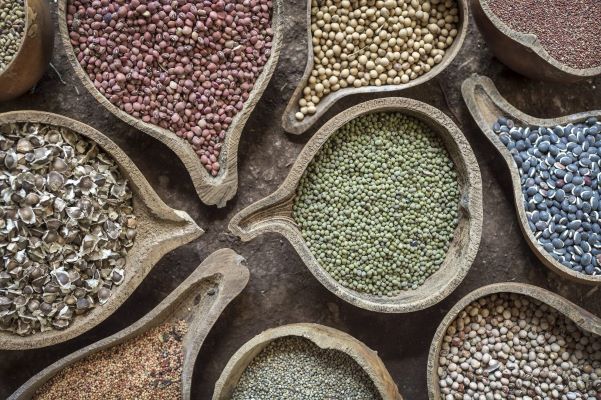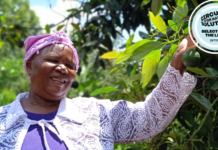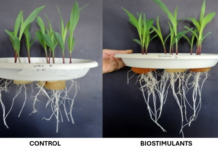Many farmers across Kenya are increasingly practicing agro-ecology. Those with tracts of farming land are growing different types of vegetables including kales, amaranth, vine spinach, ordinary spinach, tomatoes, capsicum, chili and African nightshade. For the food crops, there is maize, arrow roots and sweet potatoes. In addition, they are either keeping chicken, rearing bees for honey, rabbits, dairy goats, or dairy cows.
This makes those households food secure for a long time, irrespective of the sizes of the farms under use. According to the Food Sustainability Index, created by the Barilla Centre for Food and Nutrition (BCFN) and the Economist Intelligence Unit (EIU), agroecology taps into traditional agricultural knowledge and practices, plays an important role in sustainable farming by harnessing local ecosystems.
Furthermore, tapping into local ecosystems, for example via using biomass and biodiversity, the traditional farming practices that make up agroecology can improve soil quality and achieve food yields that provide balanced nutrition and increase fair trade.
However, a new study by researchers from Biovision, International Panel of Experts on Sustainable Food Systems (IPES-Food) and the United Kingdom-based Institute of Development Studies shows that such sustainable and regenerative farming techniques have either been neglected, ignored or disregarded by major donors.
The study titled ‘Money Flows: what is holding back investment in agroecological research for Africa?’ released on Jun. 10 focused mainly on; the Bill & Melinda Gates Foundation, because it is the biggest philanthropic investor in agri-development; on Switzerland, a major bilateral donor; and Kenya, one of Africa’s leading recipients and implementers of agricultural research for development.
One of the major findings, according to Hans Herren, the President for Biovision, is that most governments, both in developing and developed countries, still favour “green revolution” approaches, with the belief that chemical-intensive, large-scale industrial agriculture is the only way to produce sufficient food.
Herren notes that these approaches have failed ecosystems, farming communities, and an entire continent. Moreover, and with the compound challenges of climate change, pressure on land and water, food-induced health problems and pandemics such as COVID-19, we need change now. This, he asserts, starts with investment in agroecology.
According to a report from the Bill & Melinda Gates foundation, agro-ecology has the potential to build resilience and sustainability at all levels, by reducing vulnerability to future supply shocks and trade disruptions, reconnecting people with local food production, and making fresh, nutritious food accessible and affordable to all.
This, according to the scientists, will reduce the diet-related health conditions that make people susceptible to diseases, and provide fair wages and secure conditions to food and farm workers, thereby reducing their vulnerability to economic shocks and their risks of contracting and spreading illnesses.
However, the findings show that very little agricultural research funding in Africa is being used to transform such food and farming systems. Nonetheless, the report points out that support for agroecology is now growing across the agri-development community, particularly in light of climate change. But this hasn’t yet translated into a meaningful shift in funding flows.









